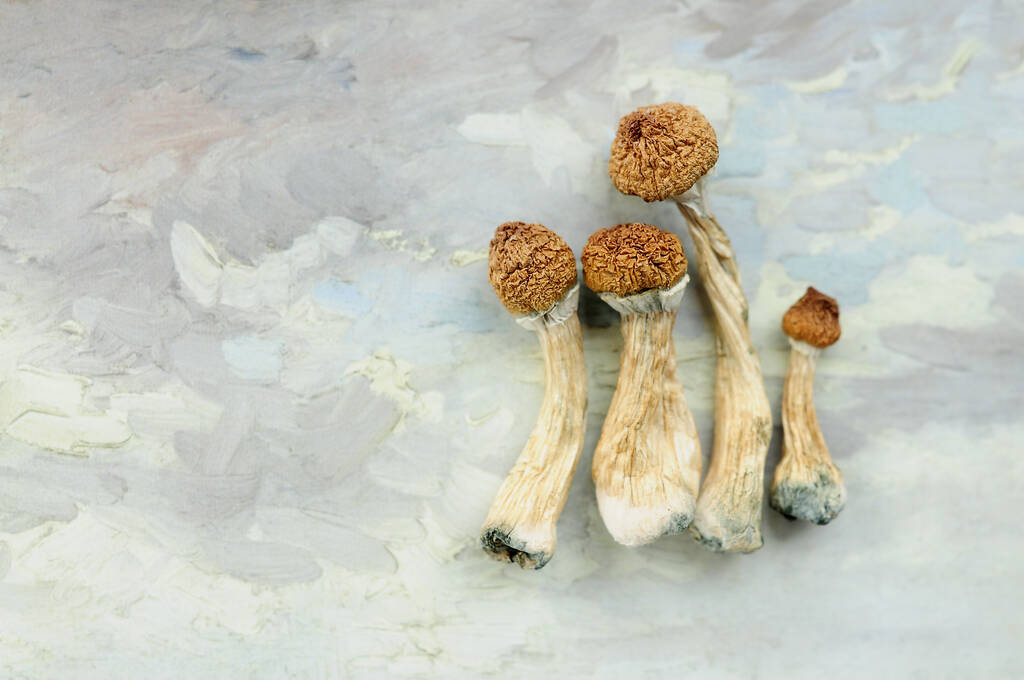A study published recently from researchers at the University of Toronto and McMaster University finds that psilocybin, a psychedelic compound found in magic mushrooms, may safely reduce symptoms of depression in patients with Bipolar II disorder without triggering mania or psychosis.

Dried psilocybin.
Published in the journal Psychedelic Medicine and epulbished by the U.S. National Library of Medicine, the study focused on four adults with treatment-resistant depression (TRD) associated with Bipolar II disorder (BD-II). Participants underwent one or two guided psilocybin sessions, each involving a 25-milligram dose, accompanied by structured preparatory and integration psychotherapy.
At the start of the trial, participants had an average score of 32.5 on the Montgomery-Åsberg Depression Rating Scale (MADRS), indicating severe depression. Within two weeks of the first dose, that average score dropped to 20.3. Two weeks after a second dose, it further declined to 19. By the end of the six-month follow-up, the average score remained lower than baseline at 21.3, suggesting sustained symptom relief.
Importantly, none of the participants experienced mania, hypomania or psychosis — potential risks that have historically raised concerns about psychedelic use in individuals with bipolar disorder. The Young Mania Rating Scale scores remained stable at an average of one throughout the trial.
“These findings suggest potential improvement in depressive symptoms with psilocybin administration in BD-II”, concludes the study’s researchers, who say that “Future studies with larger sample size are required to replicate our results and further evaluate antidepressant effects of psilocybin in bipolar depression.”
The results of this study are similar to the results of a study published late last year in the Journal of Affective Disorders, which said “These findings suggest that psychedelics may hold potential as a safe and effective treatment for BD”.







